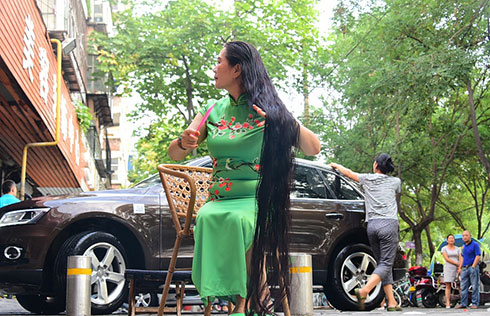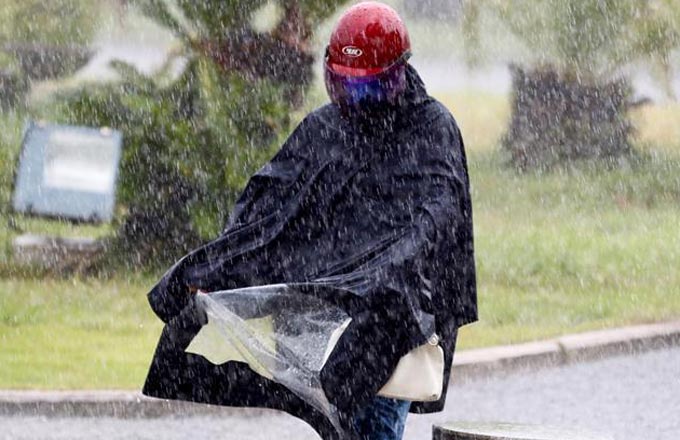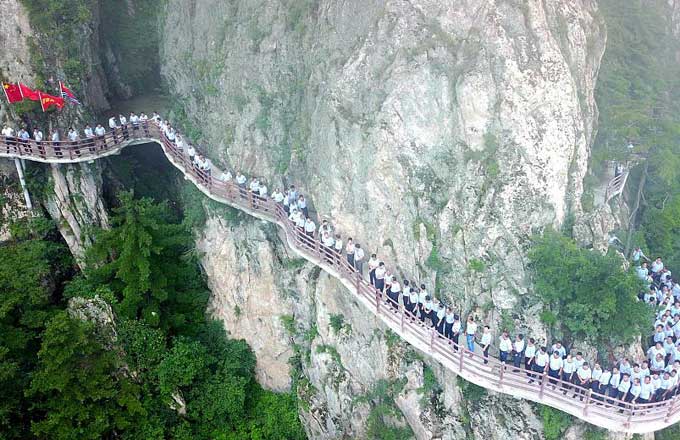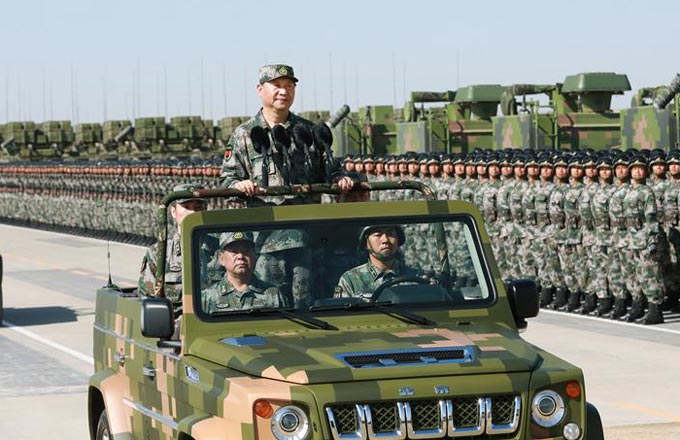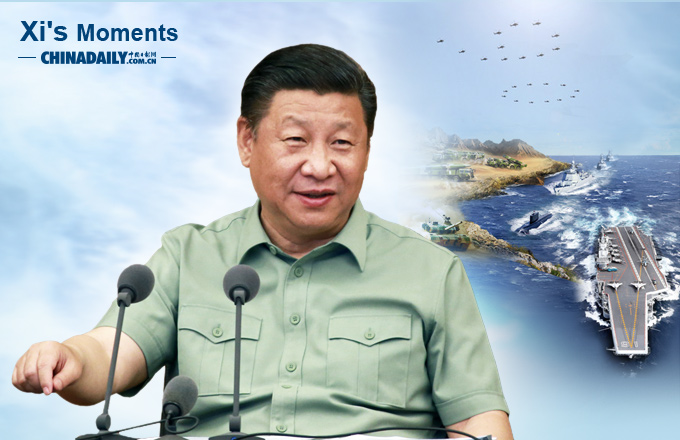Open letters tap into university president selction




Two open letters concerning the appointment of the next president of one of China’s leading universities has attracted widespread public attention.
The first open letter, signed by 53 leading alumni of Zhejiang University, called for the next university president to be a person of “integrity”.
The letter, released on Saturday, wanted a person of “honesty, integrity and ability” to be appointed as university president - a position that has been vacant for several months.
It is rare in China for academics or alumni to publicly express opinions on the selection of university presidents.
And another open letter that appeared online on Saturday, allegedly written by alumni who wished to remain anonymous, was highly critical of Lin Jianhua amid widespread speculation that he will be appointed president.
However, on Monday, the university’s global alumni association said in a statement that the first open letter was not against any individuals.
“We’re not protesting against any official appointment. Once the new president is in position, we will support him/her to our best,” said Wang Xiaojie, president of Zhejiang University Alumni Association in France, one of the initiators of the first open letter.
Lin, 58, was appointed president of Chongqing University in 2010. Before that, he spent his entire academic and professional career at Peking University.
A professor at Chongqing University who requested anonymity told China Daily that Lin was not very popular among staff at Chongqing University, as he still “talks and acts like a Peking University member”.
For example, she said, Lin is believed to favor hiring staff from Peking University. “Peking University is more focused on the humanities, but our university is more focused on engineering and sciences,” she said.
The case has once again triggered public discussion about how university presidents are chosen in China.
Many people believe that administrative authorities should play a smaller role in the selection process, and let academics have a bigger say.
- Is it a kite or a shrimp?
- Chinese embassy in Dhaka celebrates 90th anniversary of PLA establishment
- Xi delivers important speech at rally marking PLA's 90th anniversary
- Woman's hair reaches nearly 2 meters 25 years later
- Vaccine for cervical cancer arrives on mainland after approval by authorities

